Grad Lab
Our lab studies how pathogens evolve and spread. We use experimental and computational tools to test our hypotheses and collaborate with clinical and public health institutions. Our overall aim is to improve diagnostics, therapeutics, and clinical and public health strategies to aid in the control of infectious diseases.
Harvard T.H. Chan School of Public Health
665 Huntington Avenue,
Building 1, Room 715
Boston, MA 02115
Lab Alumni
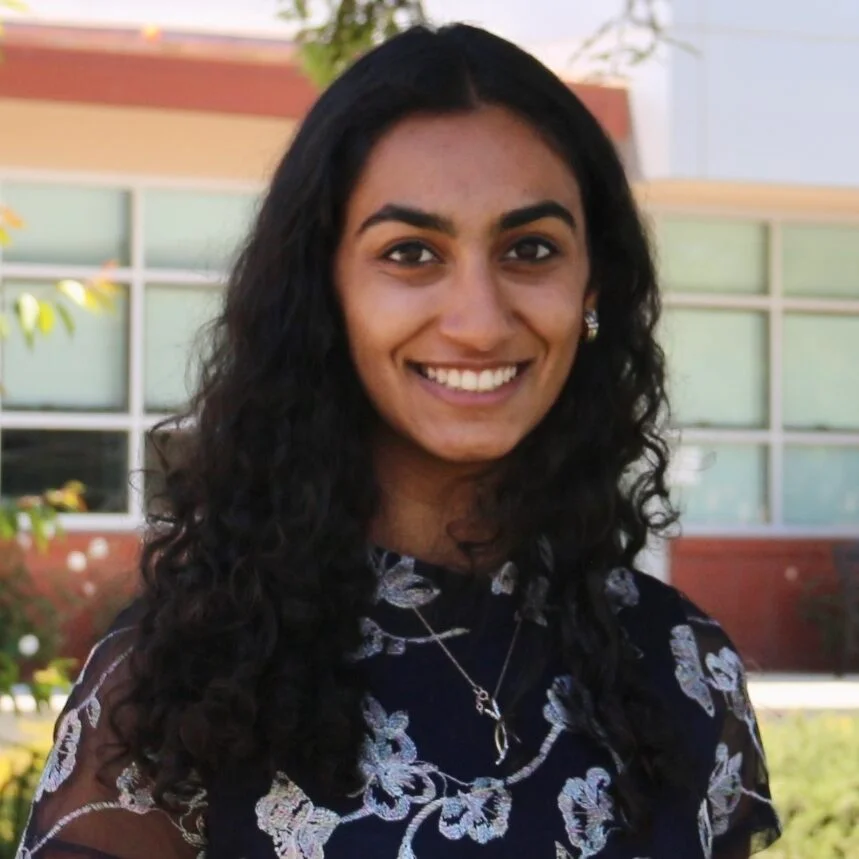
Aishani worked on CRISPR-Cas13-based diagnostic testing for antibiotic susceptibility in N. gonorrhoeae and within-host modeling for SARS-CoV-2 viral kinetics.

Aditya worked on understanding mechanisms of drug resistance in N. gonorrhoeae.
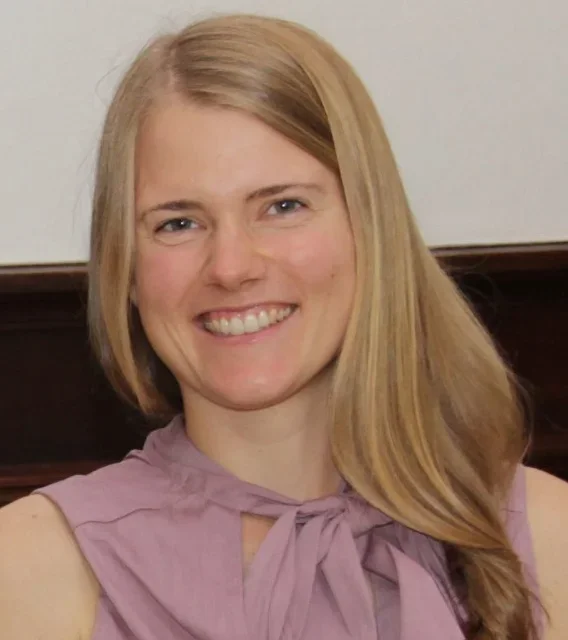
Lisa worked on identifying genetic pathways of serum resistance in clinical Neisseria gonorrhoeae isolates.
Lisa is now working as a physician in the Netherlands

Kyra’s work focused on understanding antibiotic resistance in Neisseria gonorrhoeae through a variety of techniques, as well as an understanding of antibiotic resistance and the spread of pathogens in hospital settings.

James used computational methods to study the viral kinetics of SARS-CoV-2 and to investigate how RT-qPCR cycle threshold values collected in hospitals could be used for epidemic surveillance
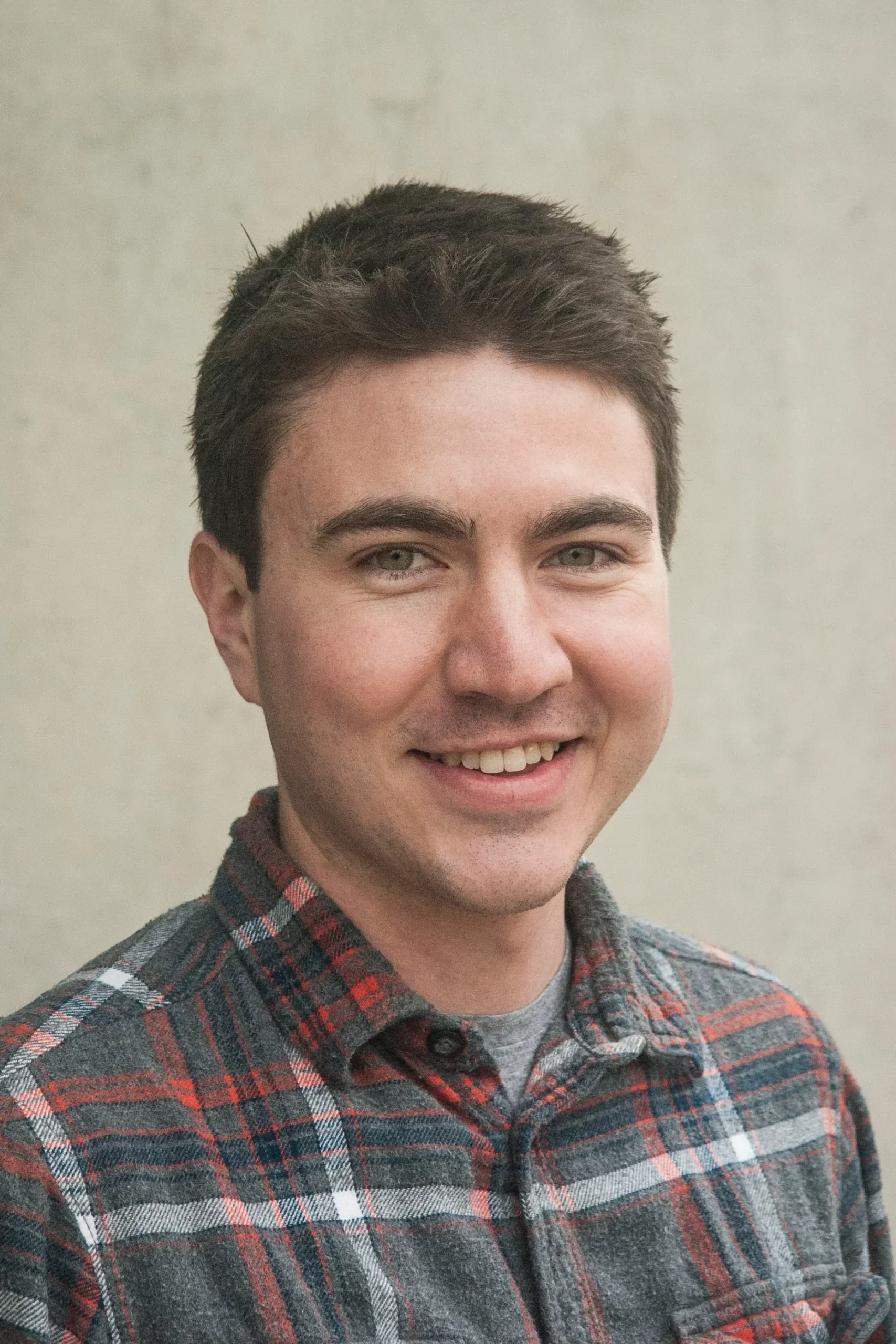
Stephen’s work focused on monitoring the spread of Neisseria gonorrhoeae in urban settings using partner identification data and whole-genome pathogen sequencing.
Current role: Assistant Professor at the University of Colorado
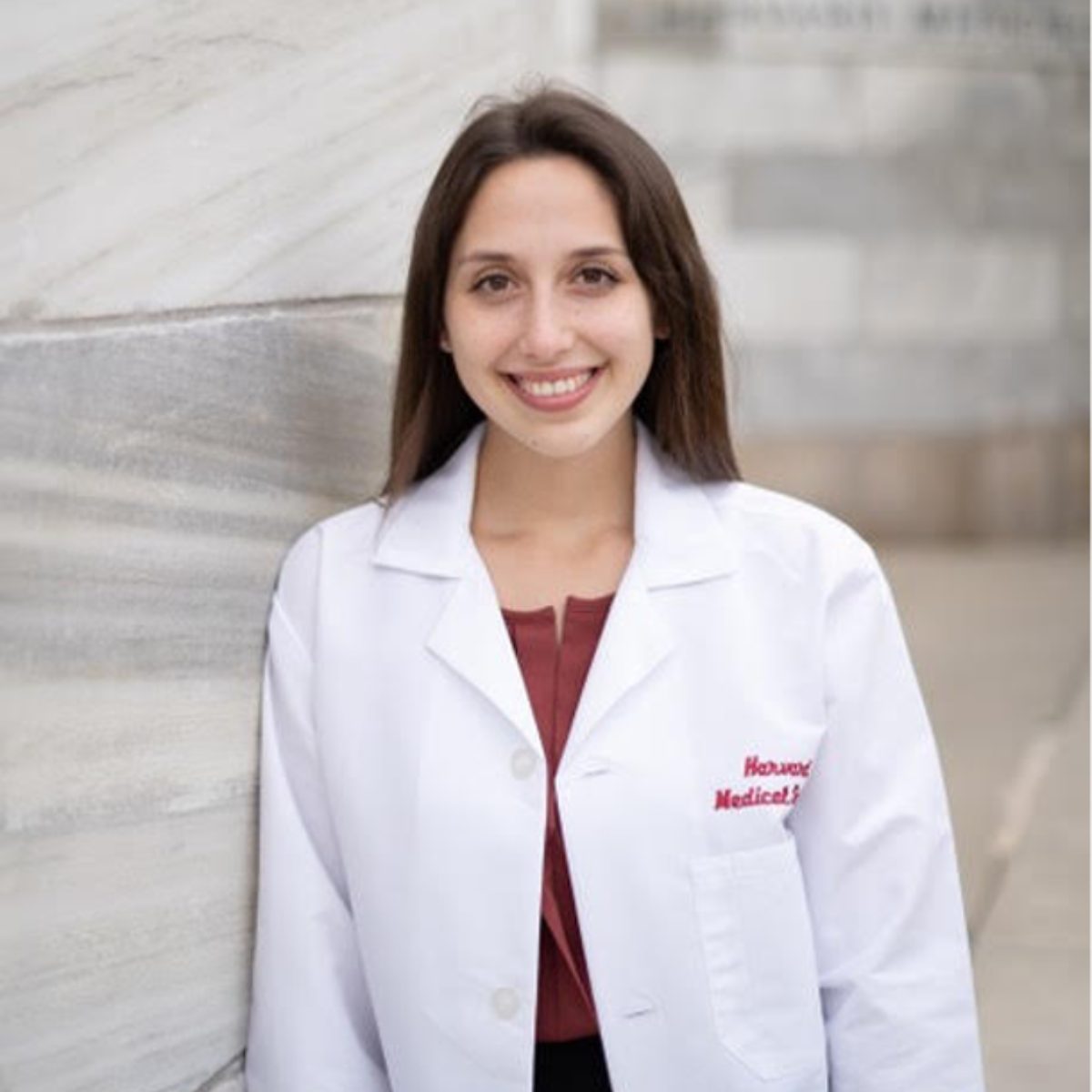
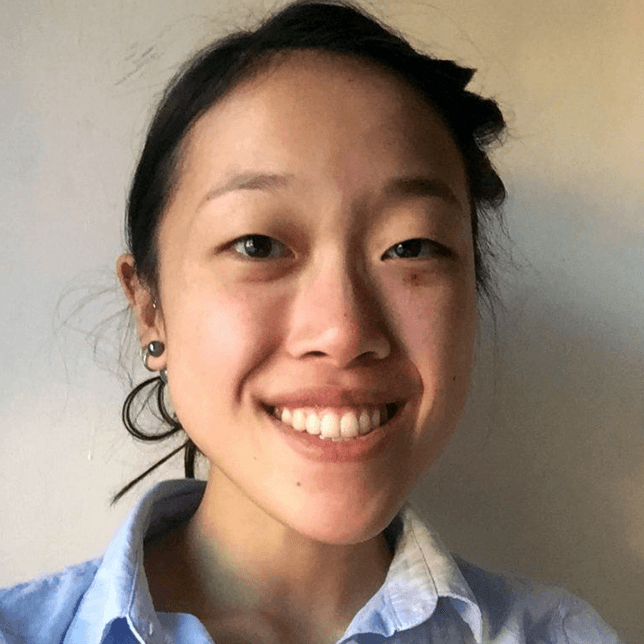
Michelle was the lab manager/research assistant. She is now completing her undergraduate studies at Harvard University, pursuing her thesis in the Department of Visual and Environmental Studies.

Kevin applied microbial genome-wide association methods and bacterial genetics to discover new antibiotic resistance mechanisms in pathogenic bacteria. Additional information about his research interests and publications can be found at http://kevincma.com
Current role: Epidemic Intelligence Service Officer at the Centers for Disease Control and Prevention
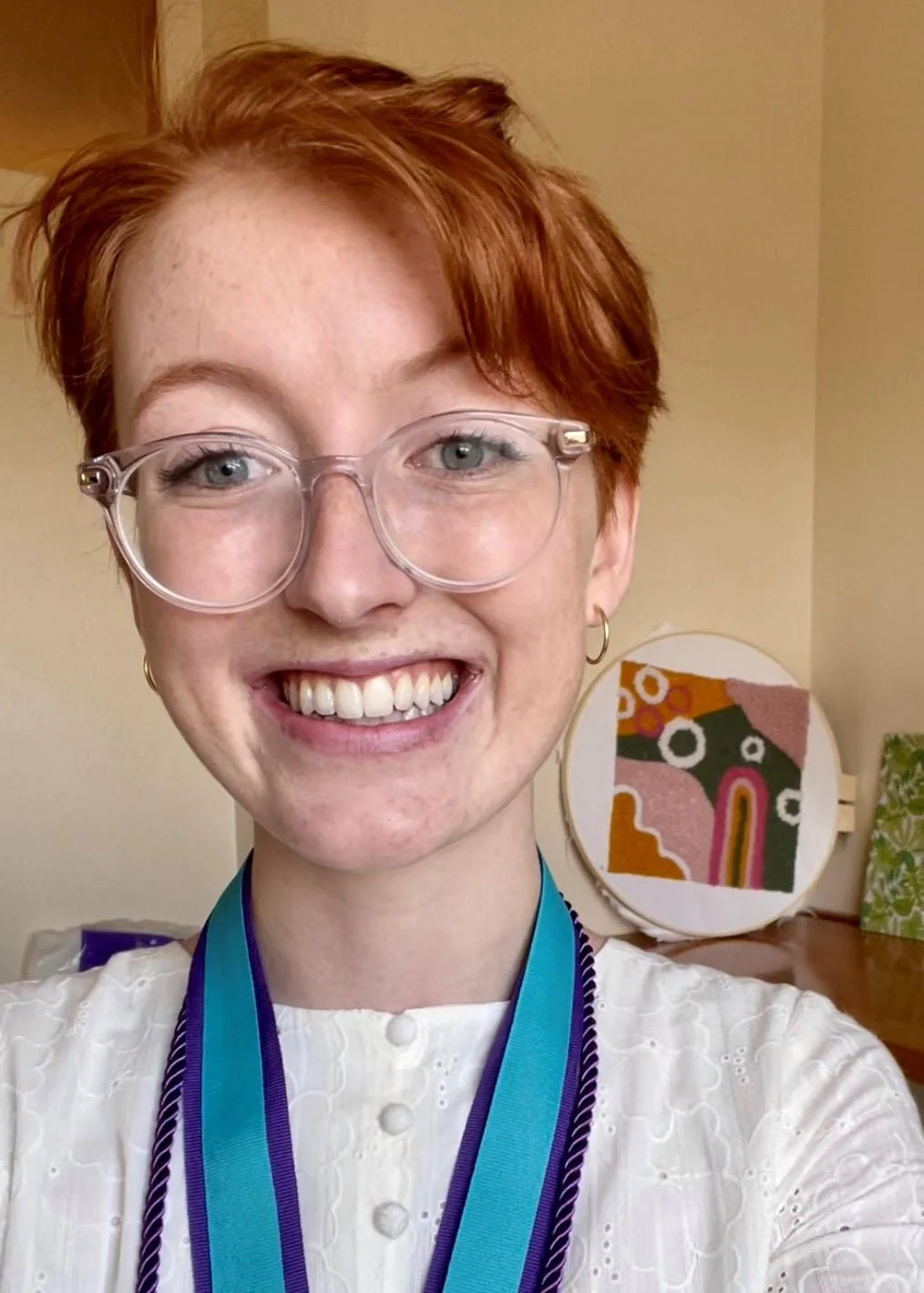
Sky was interested in mathematical approaches to design antibiotic susceptibility tests and quantify their impact on disease burden and resistance emergence.
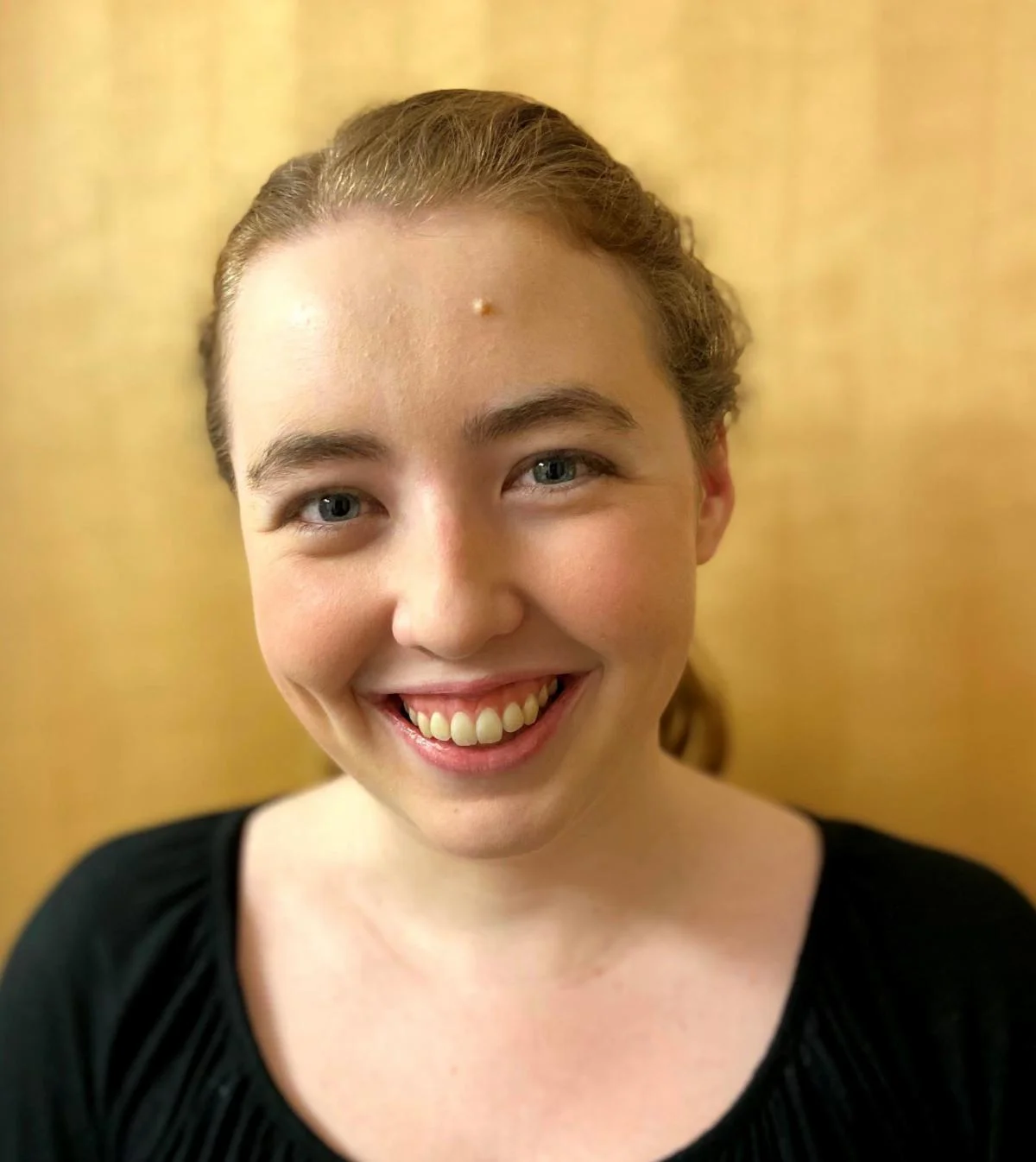
Rebecca’s work focused on investigating the genetic contributors to phenotypes including growth patterns and antibiotic resistance in Neisseria gonorrhoeae.
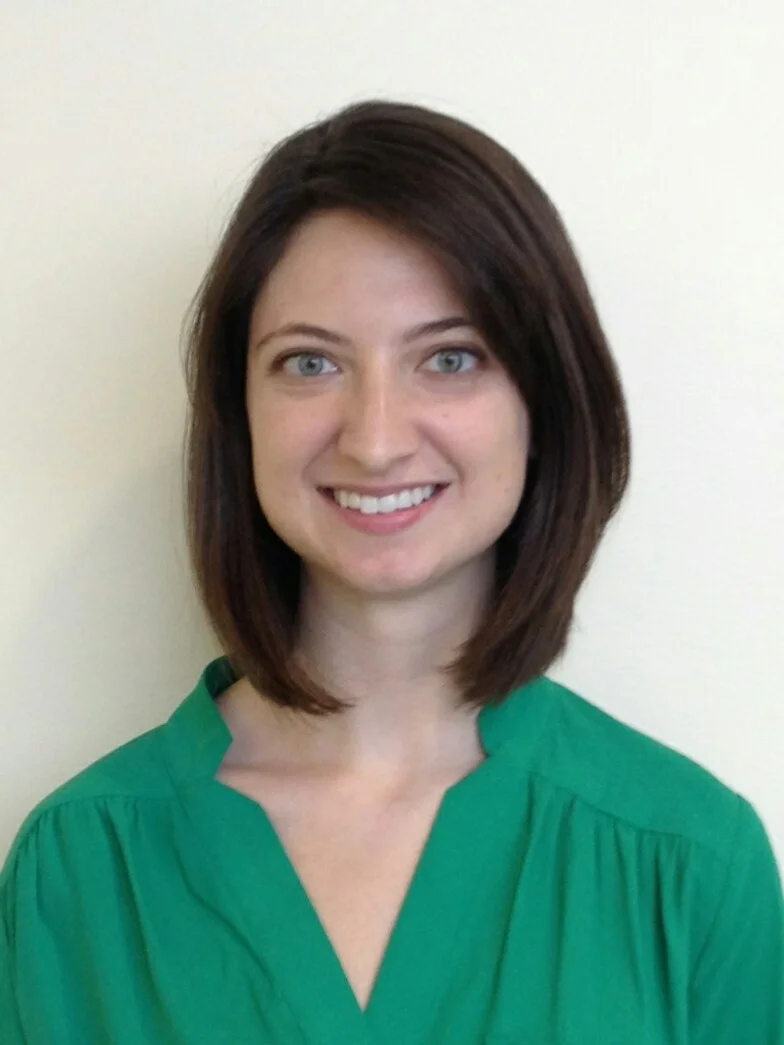
Tatum was investigating the genomic epidemiology of Neisseria gonorrhoeae and how local public health systems can best use genomics to slow or contain disease transmission and the rise of antibiotic resistance.
Current role: Assistant Professor at University of Georgia

Caitlin worked with the Massachusetts Department of Public Health to characterise the measles vaccination coverage in the state in order to inform policies to prevent measles outbreaks.
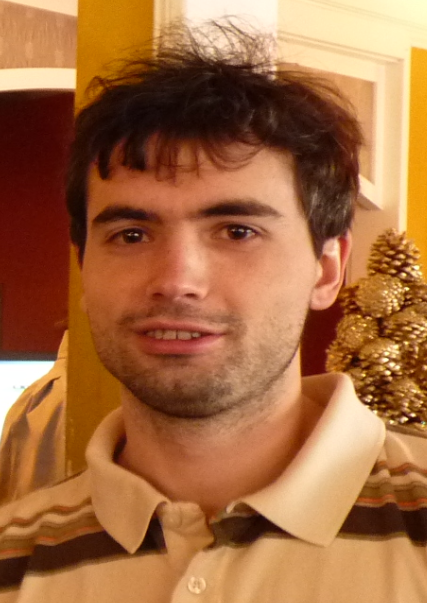
Jason was a Research Associate and analyzed data from Siemens medical devices with the goal of developing public health strategies.

Scott was interested in developing quantitative principles for antibiotic stewardship using genomic data and mathematical modelling.
Current role: Team Lead at the Center for Forecasting and Outbreak Analytics at the Centers for Disease Control and Prevention

Emily was interested in applying quantitative approaches to characterize and inform complex public health challenges. Her research explored topics including antibiotic resistance and COVID-19.
Current role: Healthcare Analyst at Analysis Group
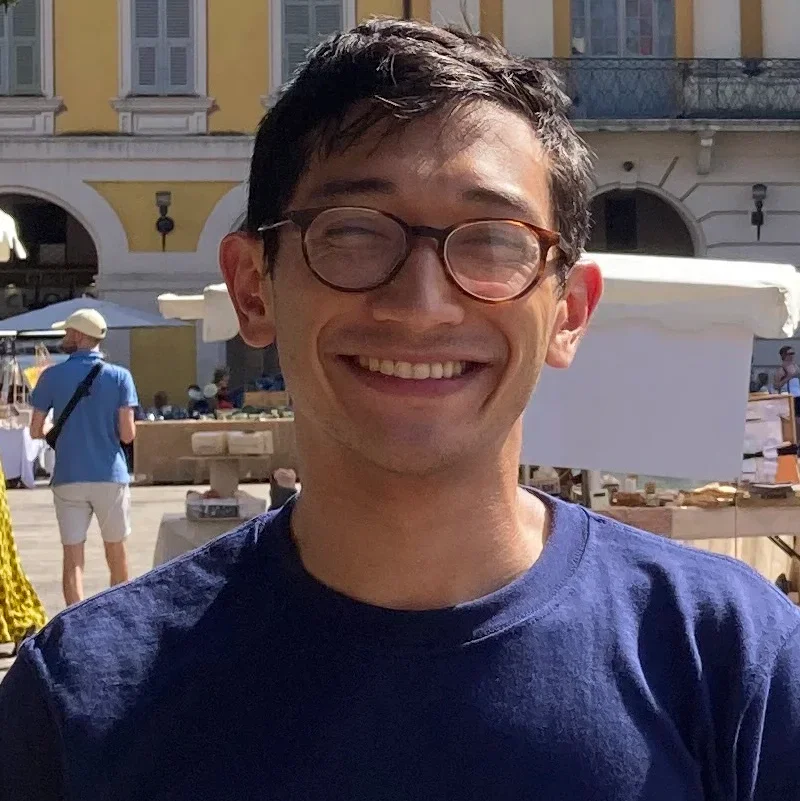
Dan worked on understanding mechanisms of drug resistance in N. gonorrhoeae.
Current role: MD/PhD student at Harvard Medical School
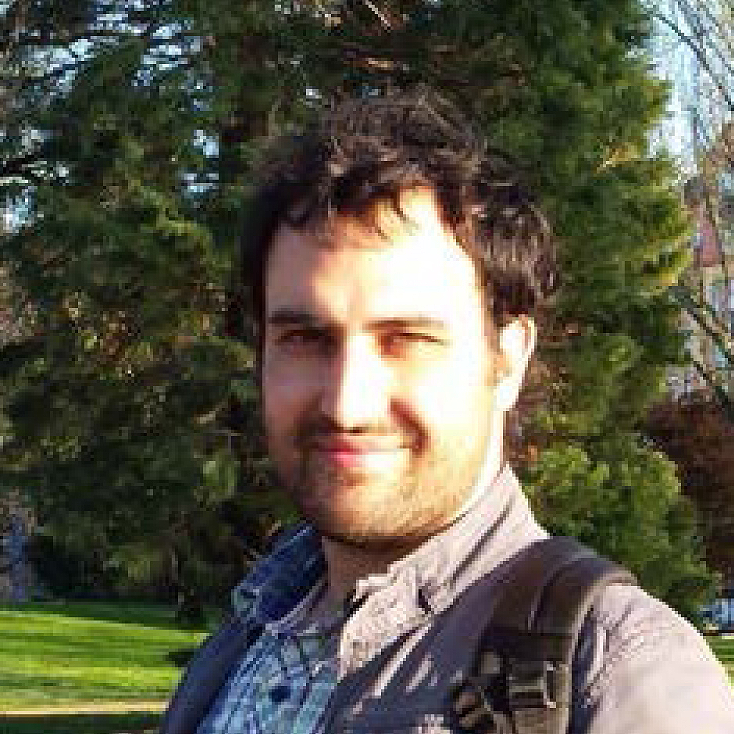
Mohamad’s interest is public health microbiology and the utility of microbial genomics tools in surveillance, intervention and evidence-based strategy development. His focus in the lab was using large-scale sequencing of Methicillin-resistant Staphylococcus aureus to study the bacterium colonization dynamics and identify genetic factors contributing to persistence.
Current role: Director of Computational Biology and Day Zero Diagnostics

Daphne was studying the evolution of antibiotic resistance in Staphylococcus aureus.
Current role: Bioinformatics Scientist at Regeneron

Jonathan is a resident physician at Massachusetts General Hospital. He is interested in the action of cell wall inhibitors in N. gonorrhoeae.
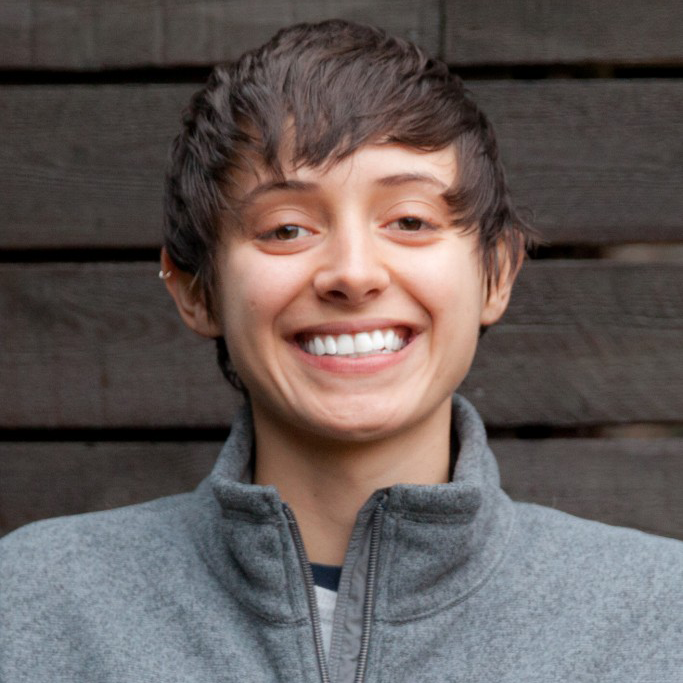
Crista’s research focused on the origins of biological diversity in natural populations. Her research in the Grad lab is focused on defining the genetic networks and epistatic interactions that contribute to the acquisition of antibiotic resistance in Neisseria gonorrhoeae.
Current role: Assistant Professor at Rochester Institute of Technology.
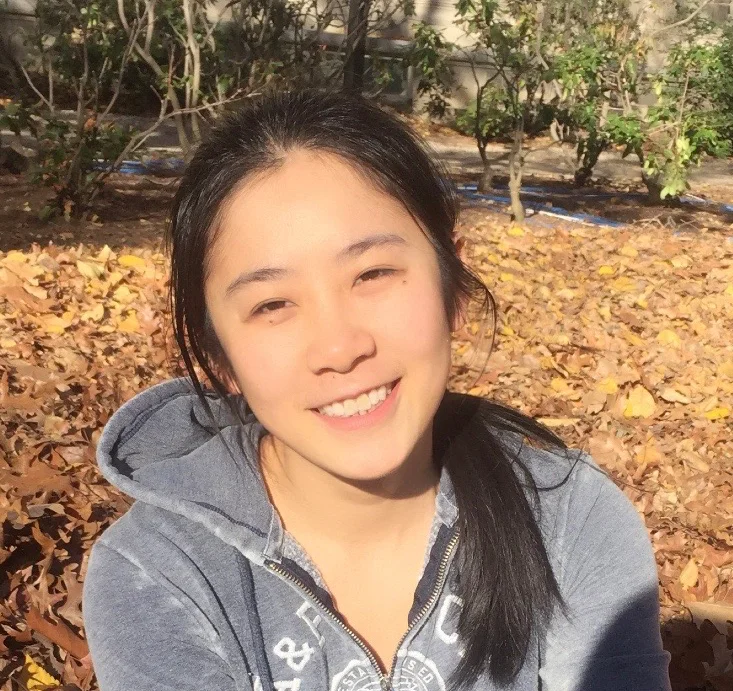
Yi was focused on the acquisition an antimicrobial resistance in Enterococcus, Neisseria, and Streptococcus, applying genetic approaches.
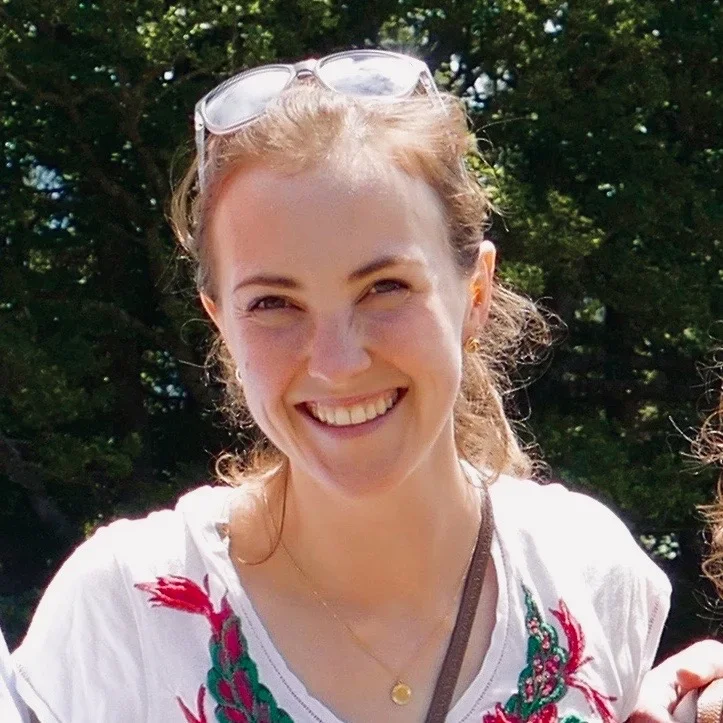
Katie studied studying how selective pressures across physiological niches drive adaptive strategies in Neisseria gonorrhoeae.
Current role: PhD student at Harvard Medical School

Tse Yang (T.Y.) Lim is a complex systems modeler who develops simulation models of public health problems to inform policy decision processes. His recent work was focused on substance use and the opioid crisis, as well as the COVID-19 pandemic. He received his PhD from the system dynamics group at the MIT Sloan School of Management, and was previously an ORISE Fellow at the US Food and Drug Administration. He also holds a BS and Master’s in Environmental Management from Yale.